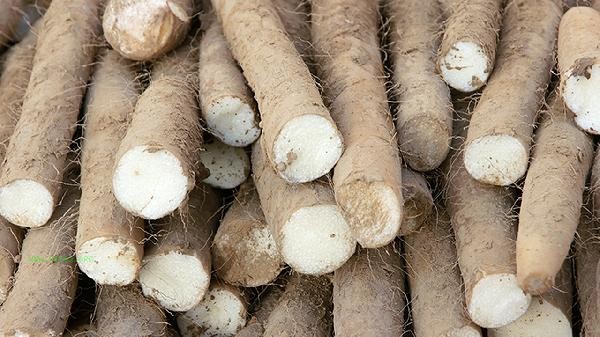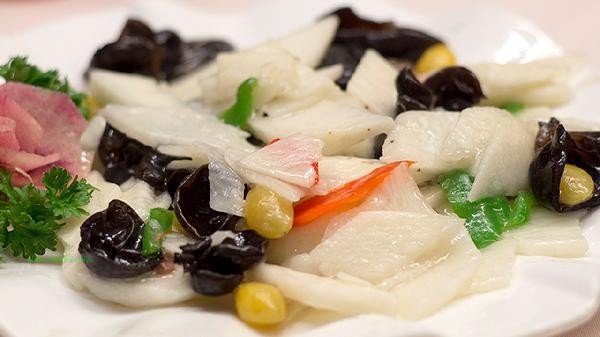Yam has multiple benefits for children's health, mainly including strengthening the spleen and stomach, enhancing immunity, promoting growth and development, improving digestive function, and preventing anemia.

1. Strengthening the spleen and nourishing the stomach
Yam contains rich substances such as amylase and polyphenol oxidase, which can help children digest and absorb nutrients from food. Yam has a flat and sweet nature, and can regulate the spleen, lung, and kidney meridians. It has a good regulatory effect on children with weak spleen and stomach. Regular and moderate consumption of yam can improve children's problems such as loss of appetite and indigestion, and reduce gastrointestinal burden.
2. Enhance immunity
Yam is rich in polysaccharides and vitamin C, which can enhance children's immune function. The mucin protein in yam can promote the production of immunoglobulin, helping children resist the invasion of external viruses and bacteria. Eating yam appropriately during seasonal changes or high incidence periods of influenza can help reduce the risk of illness in children.
3. Promoting Growth and Development
Yam contains various amino acids and trace elements, such as zinc, iron, calcium, etc., which are essential nutrients for children's growth and development. Dioscin in yam can promote protein synthesis and aid in the development of children's bones and muscles. For children in the rapid growth stage, yam can be a good choice as a nutritional supplement.

4. Improving digestive function
Yam is rich in dietary fiber, which can promote intestinal peristalsis and prevent constipation in children. The mucin protein in yam can protect the gastric mucosa and reduce the stimulation of gastric acid on the stomach wall. For children with functional dyspepsia, moderate consumption of yam can improve discomfort symptoms such as bloating and abdominal pain.
5. Preventing Anemia
Yam is rich in iron and B vitamins, which are involved in the process of red blood cell production. The iron in yam belongs to plant-based iron. Although its absorption rate is not as high as animal based iron, consuming it together with foods rich in vitamin C can increase absorption rate. For children who are picky eaters or have imbalanced nutrient intake, yam can be used as an auxiliary food to prevent iron deficiency anemia. Yam is rich in nutrients and easy to digest, suitable for children to consume, but attention should be paid to the principle of moderation. It is recommended to steam or stew yam for consumption, avoiding high-fat cooking methods such as deep frying. For children who are trying yam for the first time, parents should observe for any allergic reactions. You can cook Congee with yam, rice, millet and other grains, or stew with carrots, ribs and other ingredients, which is nutritious and delicious. Children's daily diet should be diversified. Yam can be a part of a healthy diet, but it cannot completely replace other foods. If children have special health conditions or a history of food allergies, it is recommended to consume yam under the guidance of a doctor or nutritionist.









Comments (0)
Leave a Comment
No comments yet
Be the first to share your thoughts!